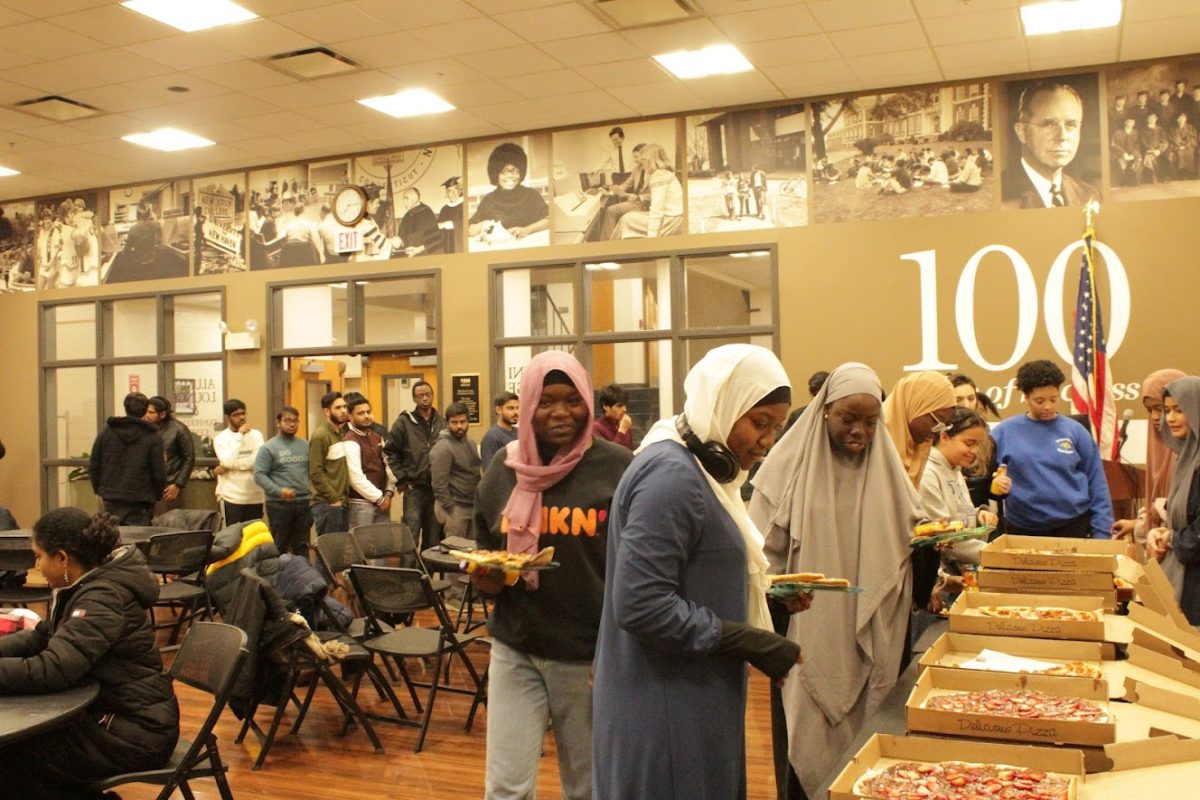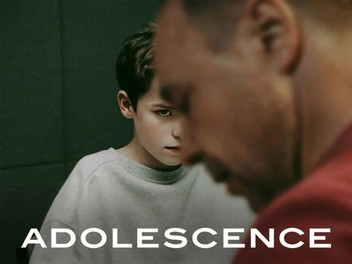Beginning March 10 and ending Apr. 9, Muslims worldwide celebrate Ramadan. Taking place in the ninth month of the Muslim calendar, Ramadan is a holy month of fasting, beginning and ending with the crescent moon.
For Muslims, the month is meant to be a time of introspection, or observation of one’s mental and emotional processes. From sunrise to sundown for the duration of the month, Muslims do not eat or drink, also known as fasting. The practice of fasting serves as a reminder of human frailty and dependance on God for sustenance. It also shows what it is like to be hungry and thirsty to teach compassion and a duty to help people who are in need.
However, it can be difficult for Muslim students to go through daily academics during Ramadan and difficult for fasting people involved in extracurricular activities.
Because of these challenges, the university has taken steps to spread awareness about Ramadan and how it affects students, faculty and staff who are observing, including the Muslim Student Association (MSA). Ophelie Y. Rowe-Allen, university vice president of student affairs and Barbara J. Lawrence, university chief diversity officer, have been circulating flyers and emails that inform the campus community and acknowledge the challenges that students can face while fasting.
The MSA has not allowed the time of fasting to stop them from spreading awareness to the public and supporting their members.
“We host events every week during Ramadan to continue raising awareness, as well as breaking the fast with the community of those practicing,” said Youssef Ossama, MSA’s president.
Other members of MSA’s executive board said there have been minor setbacks that could make the support of Muslim students more effective.
“We feel as if supplying dates in Bartels is definitely a step in the right direction,” said Jafar Vohra, MSA’s treasurer. “However, there is a severe lack of halal food options, and the only thing we can really enjoy is the vegetarian options, so thank goodness for that.”
But recognizing the importance of Ramadan is a step in the right direction, according to other members of the MSA’s executive board.
They believe that although recognizing Ramadan is a step in the right direction, individual professors should also work on recognizing the holiday for their students. “Recognizing our religion and the fact that we have to break our fast at a certain time is always nice,” said Hiba Jaidi, MSA’s secretary. “However, I do feel awkward whenever I have to tell the professor that it is my time to break the fast, so if the professors could set reminders in advance and let the students know when it is time to break their fast, it would be more comforting.”
The students say the lack of food and water can get to their heads and affect their mood.
“I feel like in the late afternoons I am much more irritable,” said Secora Chambers, MSA’s director of public relations. “You can’t talk to me in the afternoon, because I’m usually hangry.”
However, despite being unable to eat or drink for 12 hours a day, the students on the executive board say they have discovered a benefit to fasting.
“I have actually found myself planning every minute of my day,” said Ossama. “Without the distraction of having to stop and eat during the day, it allows me to get a lot more work done.”
Campus RSOs such as USGA have also shown support to Muslim students by sharing presentations during their general meetings, reviewing the email sent out to students and reminding them that this month can be a rocky time for people who are fasting.
You can find out more about Ramadan and the Muslim Student Association on Charger Connection or on instagram; @unh_msa.









